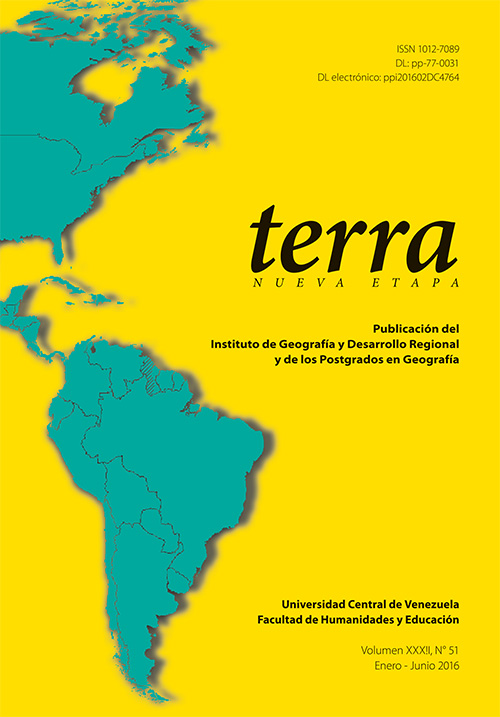Rio favela. Una singular democracia urbanística
Palabras clave:
favela, barrio, ciudad, tierra, ocupación, section, city, ground, occupationResumen
En casi todas las grandes ciudades del mundo hay barrios pobres, sin embargo, la favela es un fenómeno típicamente brasileño y en particular de Rio de Janeiro, por el hecho que no queda aislada y alejada de los barrios “nobles” o acomodados. Más bien estas ocupaciones espontáneas de espacios urbanos se ubican a menudo en las partes privilegiadas de la ciudad: en lo alto de los morros, de donde se puede gozar de la vista del espléndido paisaje de la bahía, y, a pesar de las acciones ejecutadas por las autoridades gubernamentales para limitar su crecimiento, así como la mala hierba que les da el nombre, las favelas resisten y proliferan. Es así que, en el nombre de una libre ocupación del bien común de la tierra, se realiza una singular forma de democracia habitacional, que tal vez alimenta el mito de una ilusoria armonía social.
ABSTRACT
In almost all the major cities of the world, there are slums; nevertheless, the favela is a typical Brazilian phenomenon and specifically of Rio de Janeiro, by the fact that is not isolated and away from the “noble” or accommodated neighborhoods. Rather, these spontaneous occupations of urban areas are often located at the privileged parts of the city, at the top of the hills, from where it is possible to enjoy the view of the splendid landscape of the bay. Anyway, despite the actions carried out by governmental authorities to restrict their growth, just like the weed that gives it its name, the favelas resist and proliferate. It is so that, in the name of a free occupation of the land use, is undertaken a singular way of housing democracy, that perhaps feeds the myth of an illusory social harmony.

